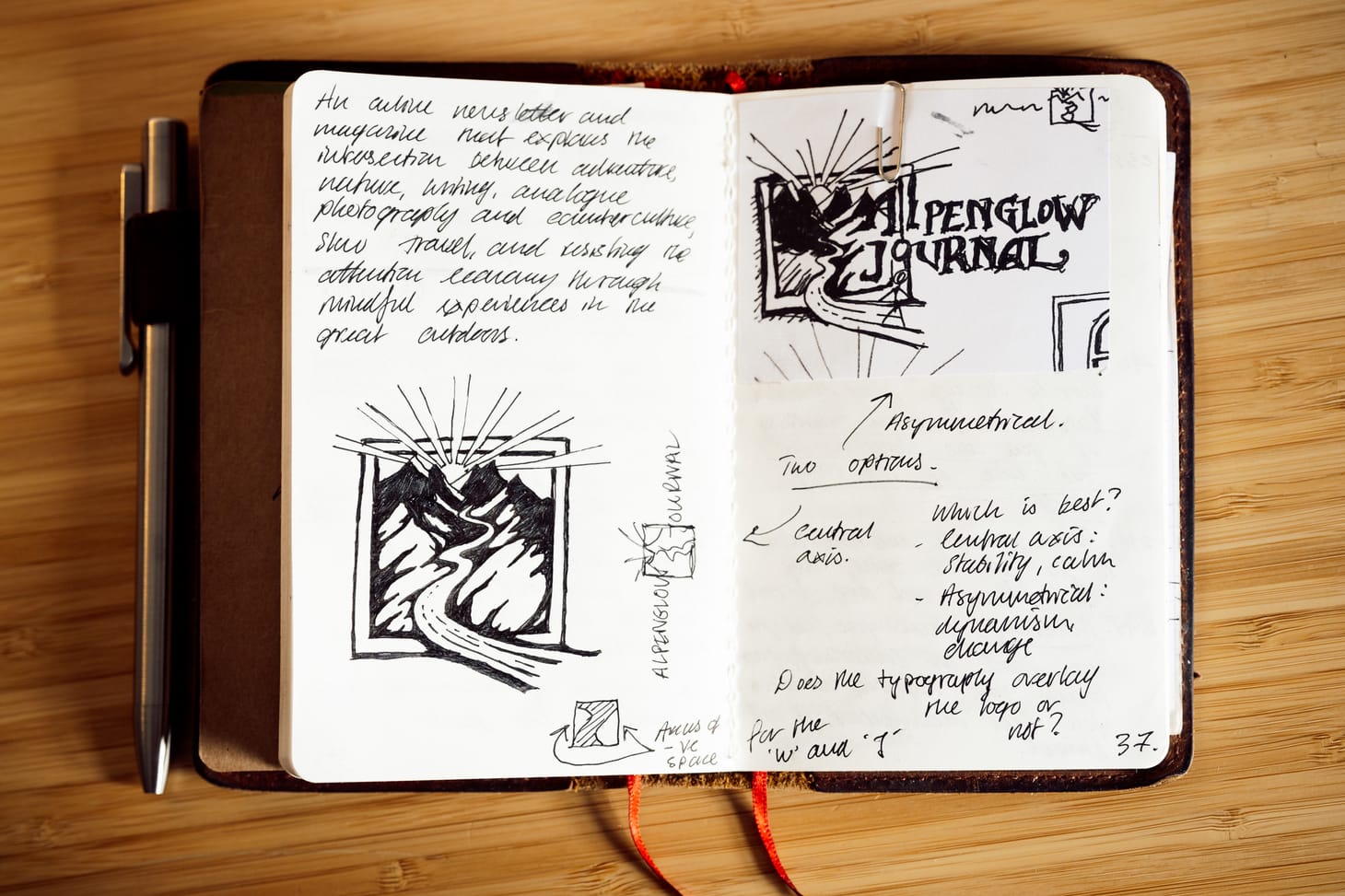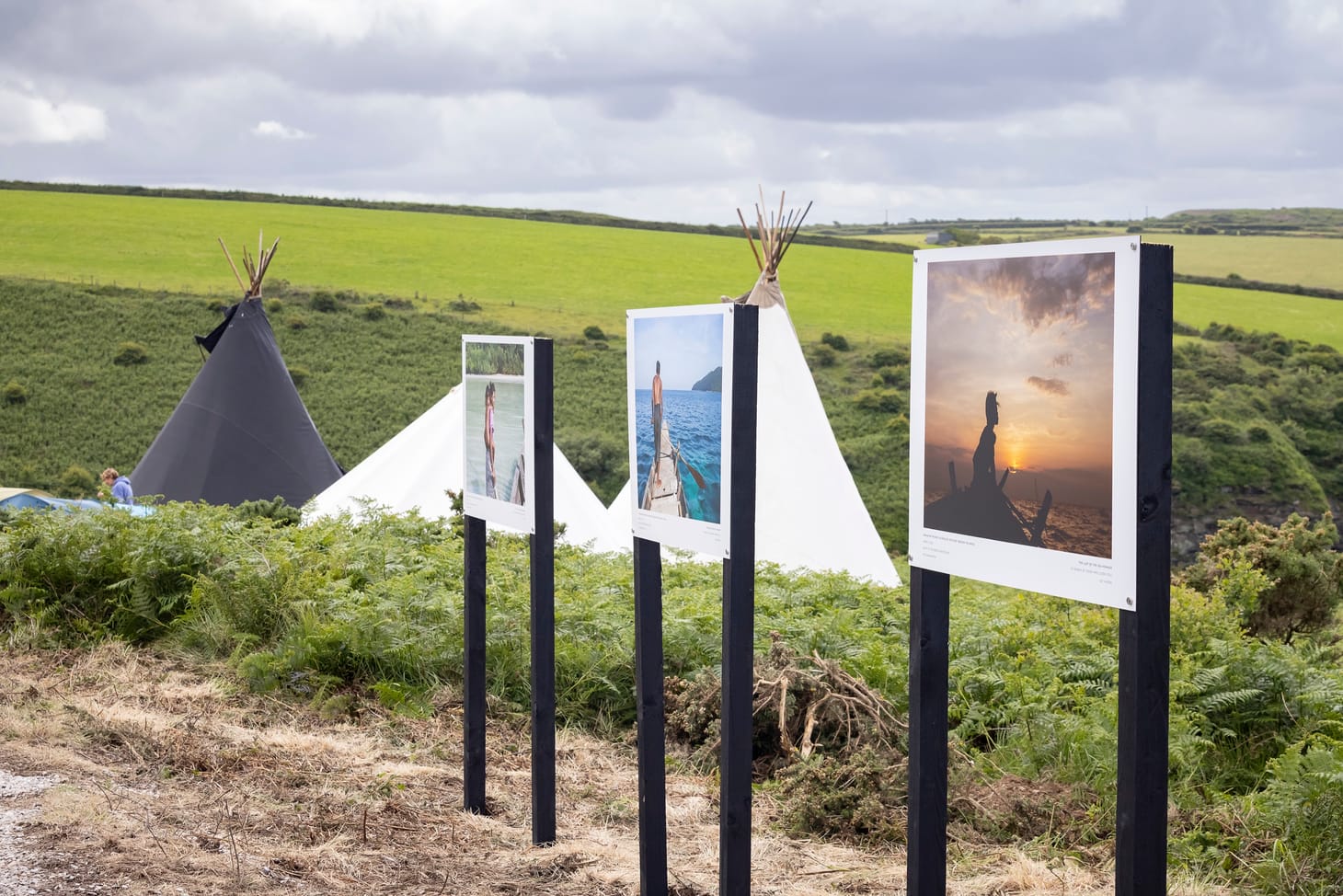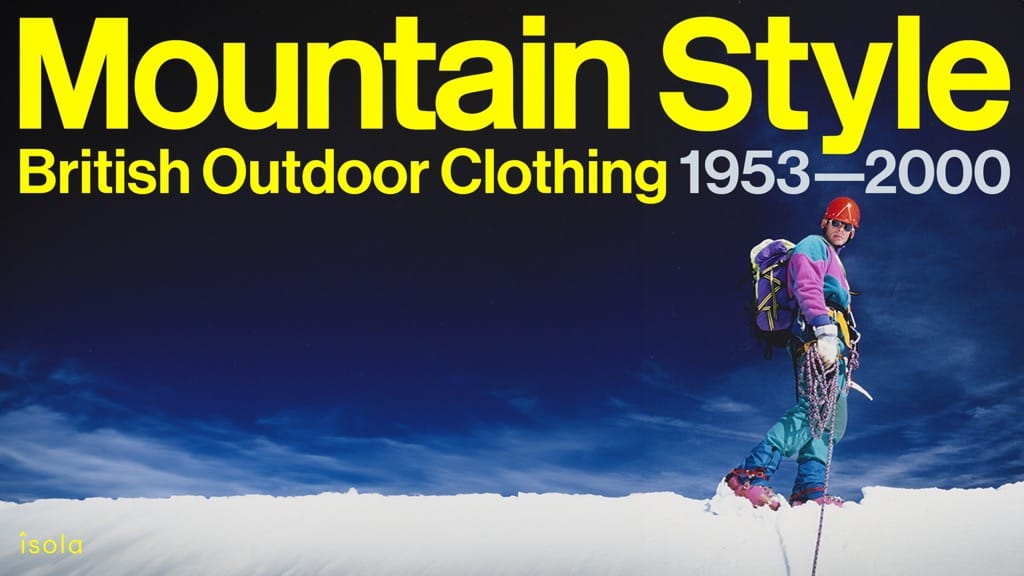The Poet and the Captain
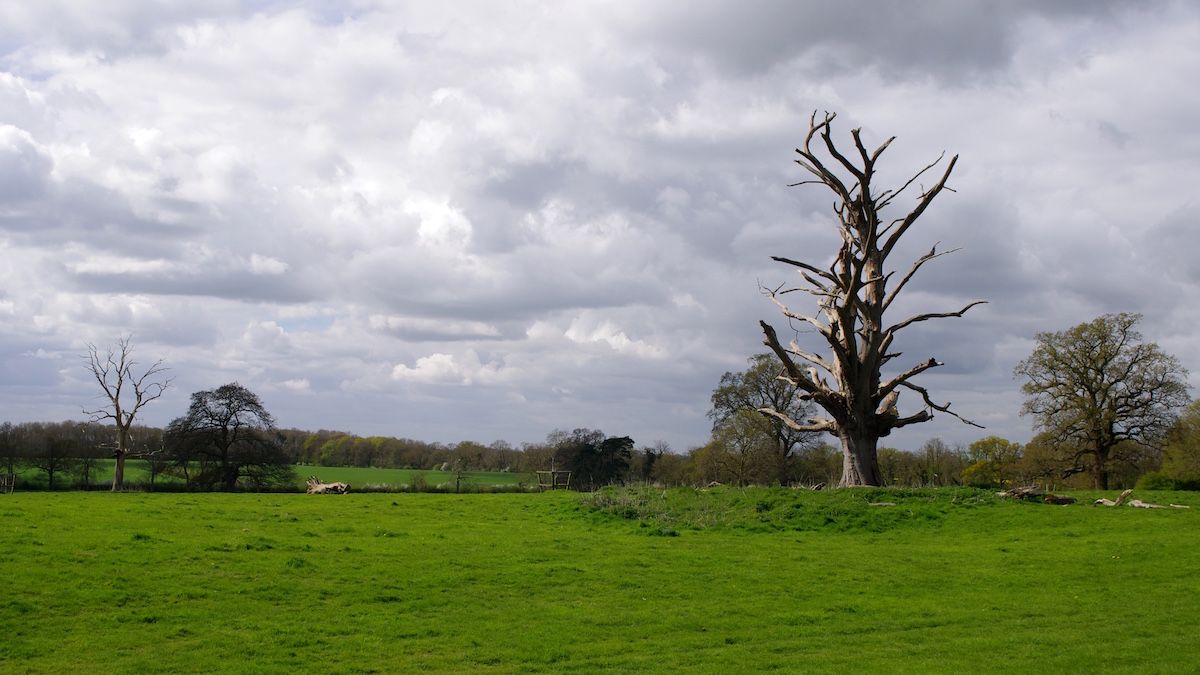
I do a lot of hiking in the Lincolnshire countryside. Most of my walks pass through the old Gunby estate, and that’s where I have come to know two characters: the Poet and the Captain.
In my office, at my desk, so many things require my attention that true thought is a fleeting thing I can never quite grasp. But when I walk, my mind and body think as one. Maybe it’s something to do with the physical exertion and the ever-changing scenery, but whatever the mechanism, I find that to hike is to think and create freely. Sometimes this creativity can be put to good purpose – hikes have generated entire novels in the past – but more often it’s more like a continuous dream, where whimsical nonsense flits in and out of my thoughts, looking for connections.
There’s a big tract of open land in the grounds of Gunby Hall in Lincolnshire. Centuries ago it was the parkland of a stately home; now it’s cattle-grazing pasture run by the National Trust. But the relics of Gunby’s past can be seen everywhere. Enormous trees rise like bastions from the undulating ground where curious humps and ditches speak of earthworks from ages past.
For whatever reason, this particular patch of countryside sparks my imagination whenever I walk through it.
Sometimes a walk through Gunby is all I need to recharge my batteries. Sometimes I go there seeking photographic opportunities. And sometimes I pay my respects to the Poet and the Captain.
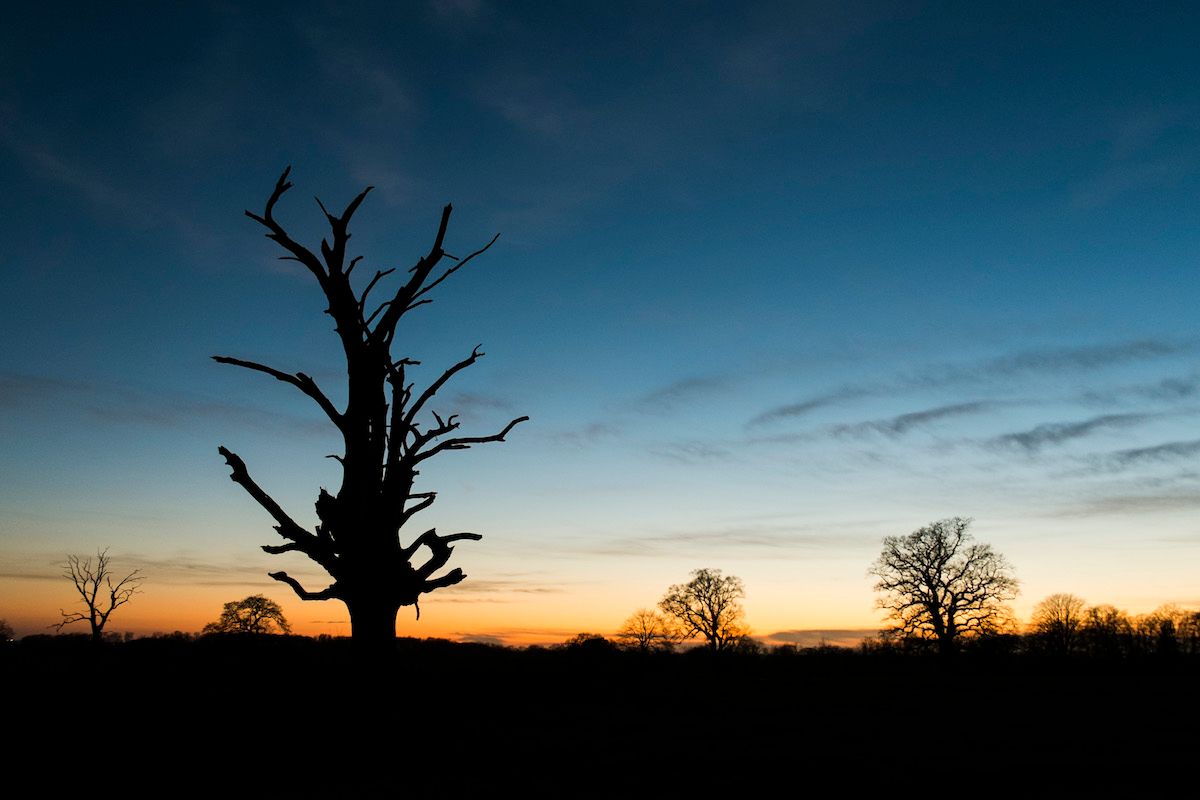
The Captain is the grandest of the dead trees in the park. He was once a beech tree, until blasted by lightning; now he disintegrates and rots gradually back into the ground, shedding branches every year. I don’t think the name came to me consciously. At no point did I look at the tree and think, ‘I’m going to start calling this one the Captain.’ But something in the way he stands suggests a wellspring of ancient strength, diminished but not broken by the ravages of time. The Captain is simple and monolithic.
The Poet is neither of those things. The Poet is texture and light, all fractal forms and the complex interplay of lines and sky. I don’t think I’ve seen the Poet from exactly the same angle twice. The sinuous curves that follow the Poet’s branches draw the eye, and I think if you stood and stared long enough you would begin to hear a verse or two of the Poet’s voice. I have tried to capture a portrait of the Poet many times but never completely succeeded. His shape defies perfect composition, and every time I think I understand the message, the voice changes.
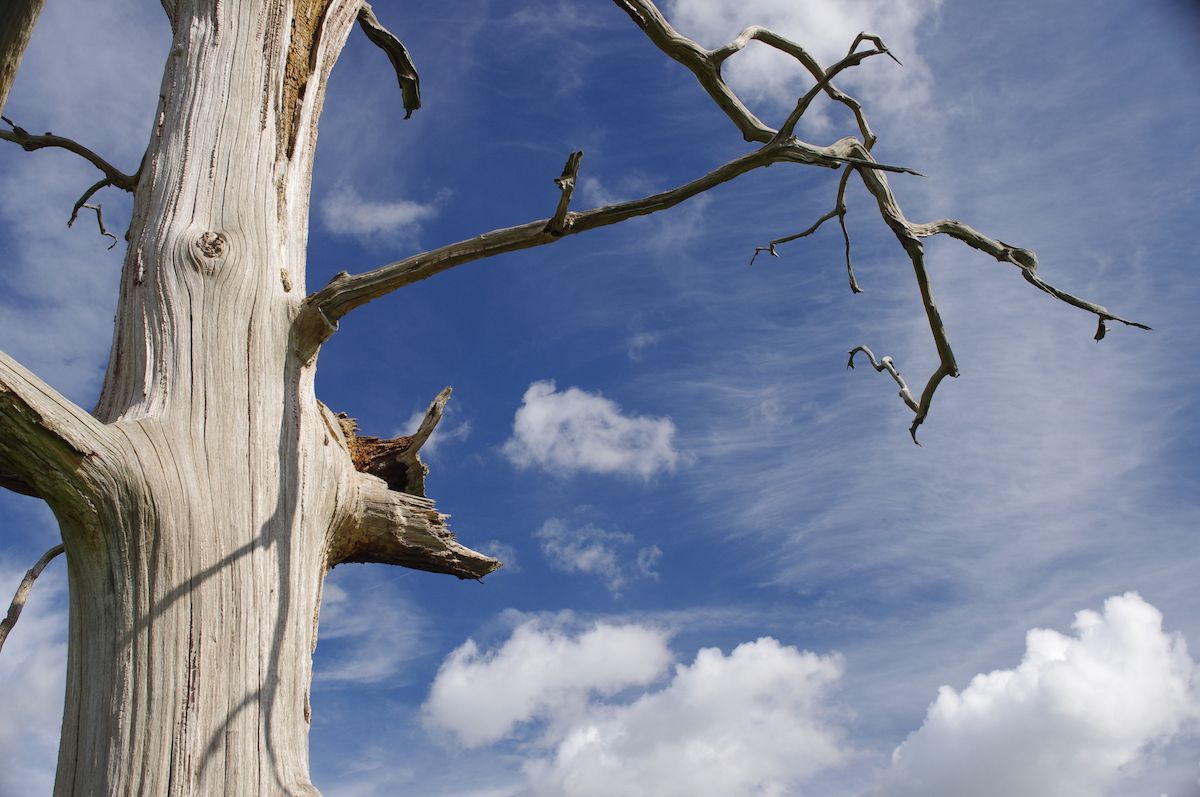
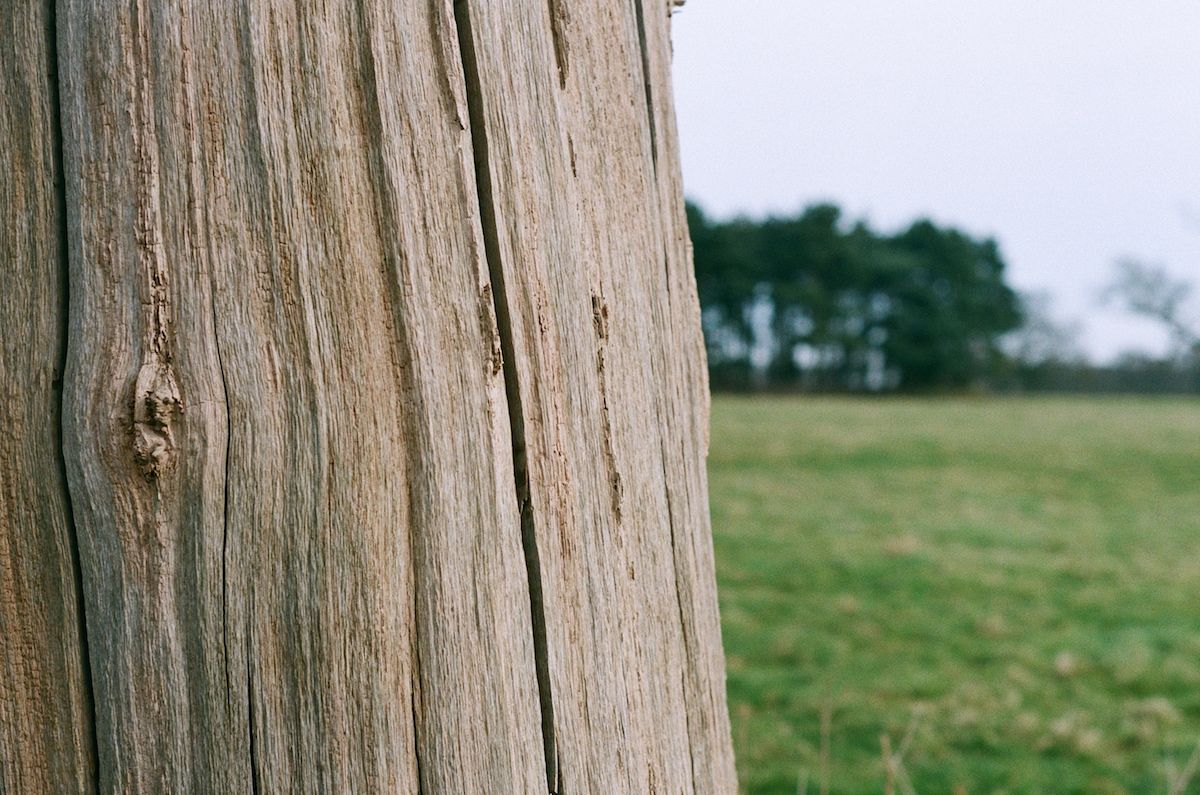
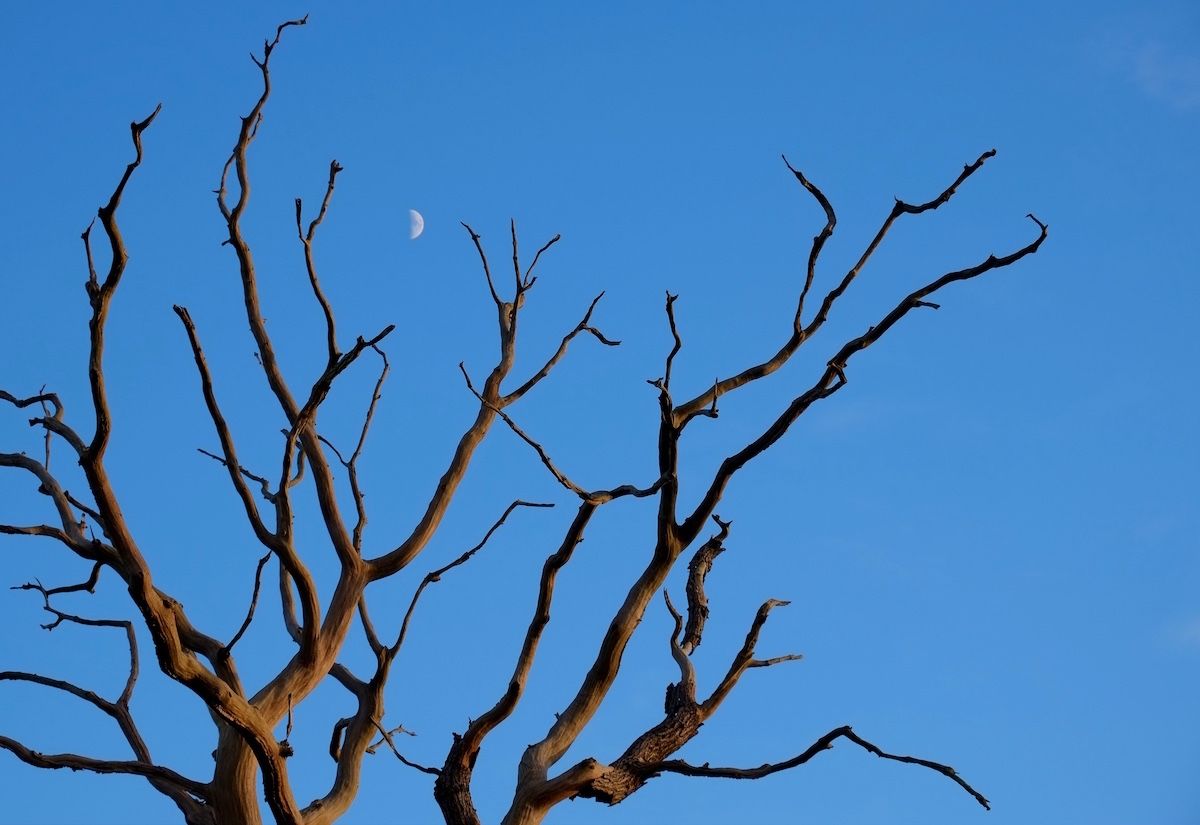
They say landscape should not be anthropomorphised, but these identities – these metaphors – fit better than anything else I can think of. It’s my subconscious mind’s way of trying to understand the landscape as I pass through it.
Alex Roddie Newsletter
Join the newsletter to receive the latest updates in your inbox.

